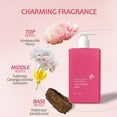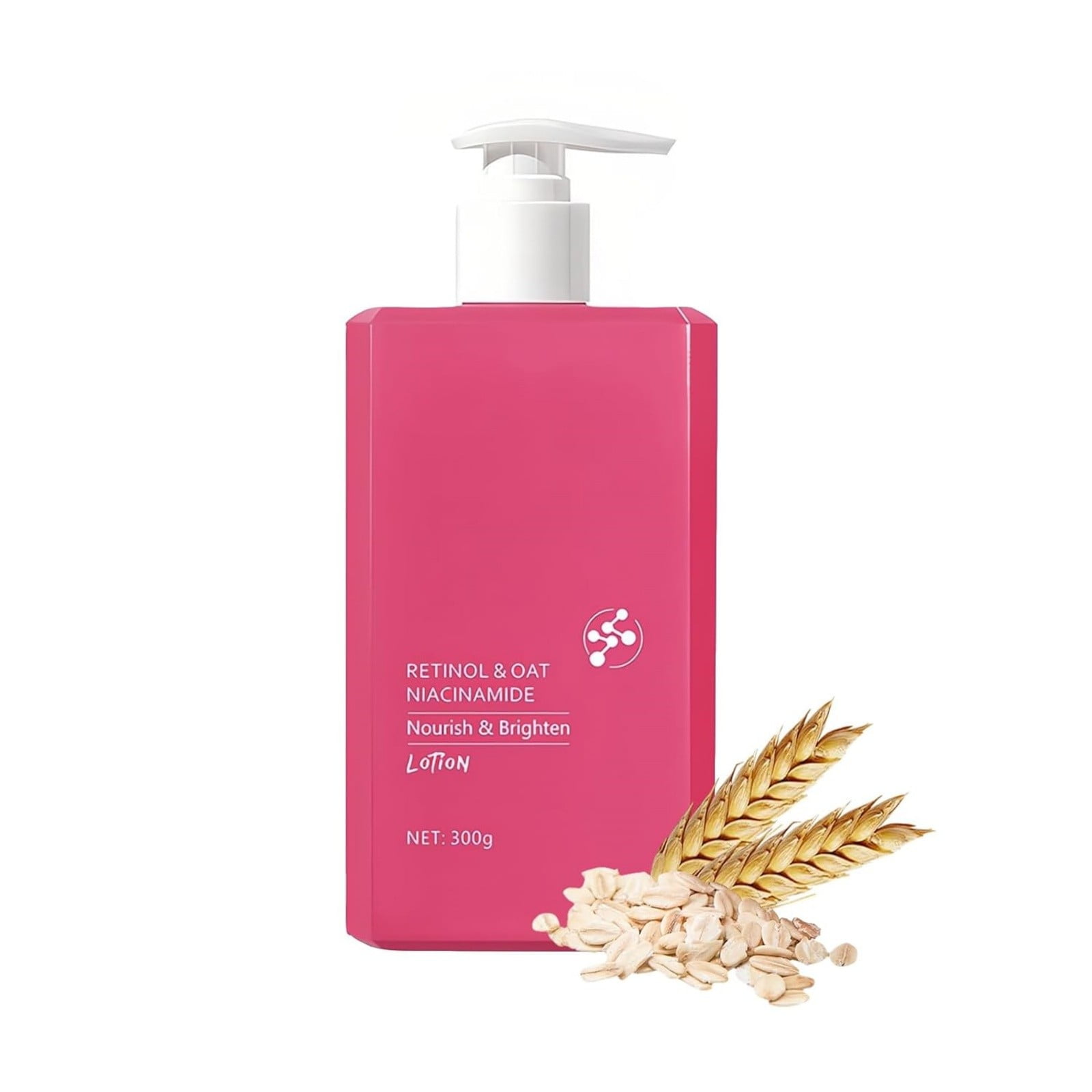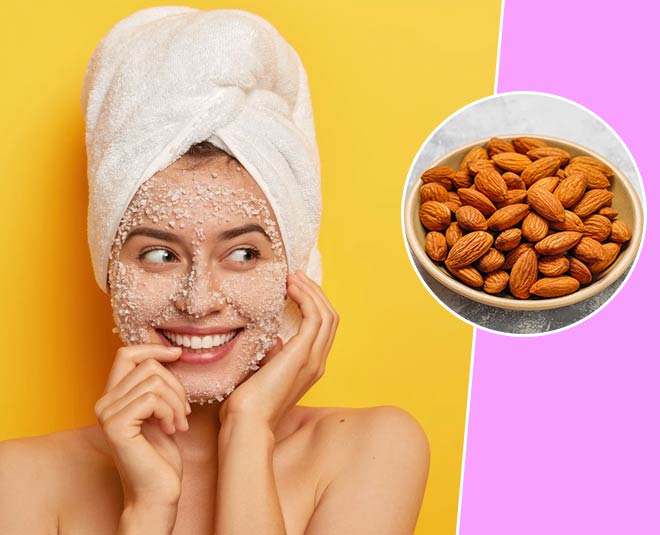Facial swelling or puffiness can be an uncomfortable and unsightly issue that affects many people. Whether it's caused by lifestyle factors, underlying health conditions, or external factors, face depuffing has become a popular topic in the beauty and wellness industry. Understanding the causes and solutions for facial puffiness is essential for maintaining a healthy and youthful appearance.
Many people experience facial swelling at some point in their lives. It can occur due to various reasons, such as water retention, allergies, or even sleep deprivation. Fortunately, there are numerous natural remedies and lifestyle changes that can help reduce facial puffiness effectively.
In this comprehensive guide, we will explore the science behind face depuffing, discuss effective techniques, and provide actionable tips to help you achieve a more refreshed and rejuvenated look. Let's dive in!
Read also:Franccedilois Chau Movies And Tv Shows Exploring The Career Of A Talented Actor
Table of Contents
- What is Face Depuffer?
- Causes of Facial Puffiness
- Natural Remedies for Face Depuffing
- Lifestyle Changes for Reducing Puffiness
- Face Depuffing Products
- Professional Treatments
- Face Depuffing Exercises
- Dietary Considerations
- Common Mistakes to Avoid
- Conclusion
What is Face Depuffer?
Face depuffer refers to any method, product, or technique that helps reduce facial puffiness. This can include natural remedies, lifestyle adjustments, and professional treatments. The goal of face depuffing is to restore a more balanced and youthful appearance by minimizing swelling and inflammation.
Facial swelling can occur for a variety of reasons, from hormonal changes to external factors like poor sleep or diet. Understanding the underlying causes is crucial for selecting the right depuffing strategy.
Key takeaway: Face depuffing involves addressing the root causes of facial puffiness and implementing solutions that promote skin health and hydration.
Causes of Facial Puffiness
Hormonal Changes
Hormonal fluctuations, especially during menstruation, pregnancy, or menopause, can lead to water retention and facial swelling. These changes affect the body's natural balance of fluids, resulting in puffiness around the eyes and cheeks.
Sleep Deprivation
Lack of sleep is one of the most common causes of facial puffiness. When you don't get enough rest, your body retains more water, leading to a puffy appearance. Additionally, poor sleep quality can weaken the skin's natural barrier, making it more prone to inflammation.
Underlying Health Conditions
Certain medical conditions, such as allergies, sinus infections, or thyroid disorders, can contribute to facial swelling. It's important to consult a healthcare professional if you suspect an underlying health issue is causing your puffiness.
Read also:Alexis Frost Tiktok Rising Star Shaping The Digital Landscape
Natural Remedies for Face Depuffing
Natural remedies are often the first line of defense against facial puffiness. These methods are safe, cost-effective, and can be easily incorporated into your daily routine.
- Cold Compress: Applying a cold compress to your face can help reduce swelling by constricting blood vessels and soothing inflammation.
- Cucumber Slices: Cucumbers contain antioxidants and anti-inflammatory properties that make them an excellent remedy for puffy eyes and cheeks.
- Green Tea: Rich in antioxidants, green tea can be used as a compress or consumed as a beverage to reduce puffiness.
According to a study published in the Journal of Dermatology, natural remedies like cold compresses and herbal treatments can significantly improve skin health and reduce swelling.
Lifestyle Changes for Reducing Puffiness
Hydration
Staying hydrated is essential for maintaining healthy skin and preventing water retention. Drinking at least 8 glasses of water per day can help flush out toxins and reduce puffiness.
Healthy Diet
A balanced diet rich in fruits, vegetables, and lean proteins can support skin health and reduce inflammation. Avoiding high-sodium foods is particularly important for minimizing water retention.
Regular Exercise
Exercise improves circulation and lymphatic drainage, which can help reduce facial puffiness. Even a short daily workout can make a noticeable difference in your skin's appearance.
Face Depuffing Products
There are numerous products on the market designed specifically for face depuffing. These include serums, creams, and tools that target puffiness and inflammation.
- Caffeine Eye Cream: Caffeine is known for its ability to reduce under-eye puffiness by improving circulation and tightening the skin.
- Gua Sha Tools: These traditional Chinese tools are used to massage the face and promote lymphatic drainage, helping to reduce swelling.
- Hydrogel Masks: Hydrogel masks provide intense hydration and can help soothe puffy skin.
When choosing a product, look for ingredients like caffeine, hyaluronic acid, and vitamin C, which are proven to be effective for reducing puffiness.
Professional Treatments
Facial Massage
Professional facial massages can significantly reduce puffiness by stimulating lymphatic drainage and improving circulation. Techniques like lymphatic drainage massage are particularly effective for addressing facial swelling.
Facial Acupuncture
Facial acupuncture involves inserting fine needles into specific points on the face to improve circulation and reduce inflammation. This treatment is gaining popularity for its ability to rejuvenate the skin and reduce puffiness.
Laser Treatments
For more severe cases of facial puffiness, laser treatments can be used to tighten the skin and improve its texture. These treatments are typically performed by dermatologists and require multiple sessions for optimal results.
Face Depuffing Exercises
Facial exercises are a great way to strengthen the muscles in your face and reduce puffiness. These exercises improve circulation and lymphatic drainage, helping to create a more toned and refreshed appearance.
- Facial Yoga: Techniques like cheek lifts and eye squeezes can help reduce puffiness and improve muscle tone.
- Chin Tucks: This exercise involves gently pulling your chin back while keeping your lips closed, which can help reduce swelling in the jawline area.
- Tongue Press: Pressing your tongue against the roof of your mouth while tilting your head back can help improve lymphatic drainage and reduce puffiness.
Consistency is key when it comes to facial exercises. Incorporating these techniques into your daily routine can yield noticeable results over time.
Dietary Considerations
Your diet plays a crucial role in maintaining healthy skin and preventing facial puffiness. Here are some dietary tips to keep in mind:
- Limit Salt Intake: Excessive sodium can lead to water retention and puffiness. Opt for low-sodium alternatives whenever possible.
- Increase Potassium Intake: Foods rich in potassium, such as bananas and avocados, can help balance fluids in the body and reduce swelling.
- Stay Hydrated: Drinking plenty of water helps flush out toxins and prevents water retention.
According to the Mayo Clinic, maintaining a balanced diet is essential for overall skin health and can significantly reduce the occurrence of facial puffiness.
Common Mistakes to Avoid
Overusing Products
While face depuffing products can be effective, overusing them can lead to irritation and exacerbate puffiness. Always follow the instructions on the label and consult a dermatologist if you have sensitive skin.
Ignoring Underlying Health Issues
Facial puffiness can sometimes be a symptom of an underlying health condition. If you notice persistent swelling, it's important to seek medical advice to rule out any serious issues.
Skipping Sleep
Sleep is essential for skin repair and regeneration. Neglecting your sleep schedule can lead to chronic puffiness and other skin concerns.
Conclusion
Facial puffiness can be a frustrating issue, but with the right strategies and lifestyle changes, it can be effectively managed. From natural remedies and face depuffing exercises to professional treatments and dietary adjustments, there are numerous options available to help you achieve a more refreshed and youthful appearance.
We encourage you to try some of the techniques discussed in this guide and share your results in the comments below. Additionally, feel free to explore other articles on our site for more tips on maintaining healthy skin and overall wellness. Together, let's take control of our skin health and embrace a more vibrant, confident you!


